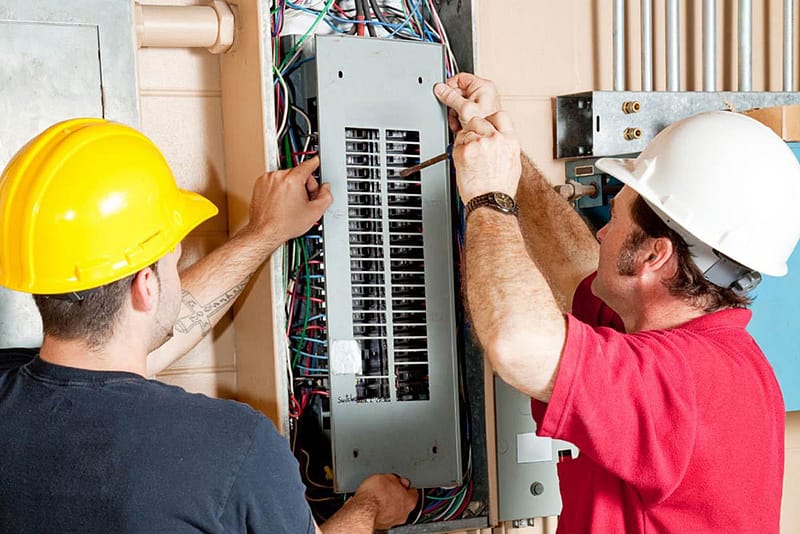Living in one of Statesboro’s older neighborhoods has its perks. You can enjoy the dappled shade of mature trees and the cozy comfort of a home that has character. However, older buildings also have their quirks, which frequently include unstable electrical systems. Dealing with ungrounded or overloaded outlets is inconvenient, but it’s also dangerous. Here are three reasons why electric updates are a smart investment.
Electric Upgrades to Protect Your Home and Your Safety
Electrical codes have changed substantially over the past 50 years. Grounded outlets weren’t required until the 1960s. GFCI outlets weren’t introduced until the ’70s, and safety standards have continued to improve since then. If your home is more than 30 years old, upgrades can prevent painful shocks, fire hazards and costly damage to valuable electronics.
- To reduce the chance of fire caused by sparks and overheating, worn-out light switches and receptacles should be replaced as soon as possible.
- Since the 1950s, residential electricity use has increased dramatically. If you live in an older home, you may need new circuits and additional outlets to power all of your devices.
- Older homes have often undergone numerous modifications. In some cases, repairs are needed to correct problems caused by previous homeowners or unskilled workers.
Worthwhile Upgrades for Your Home’s Electrical System
Electrical updates make your home safer and more livable. At Deal’s Heating & Air, we recommend these upgrades for getting your home up-to-date.
- Receptacles installed outdoors and in kitchens, bathrooms or damp areas need GFCI outlets for additional shock protection.
- Appliances and high-draw devices, such as microwaves and hairdryers, should be on a dedicated circuit with heavy-gauge wiring.
- If you’re frequently tripping breakers or overloading your outlets with power strips, it’s time to install additional receptacles on a new circuit.
- In older homes, updated light fixtures should be connected to at least 3 feet of new wire to prevent overheating.
If you see sparks, hear crackling or smell smoke, turn off the circuit breaker, and contact your electrician. To schedule an electrical inspection, give us a call.


